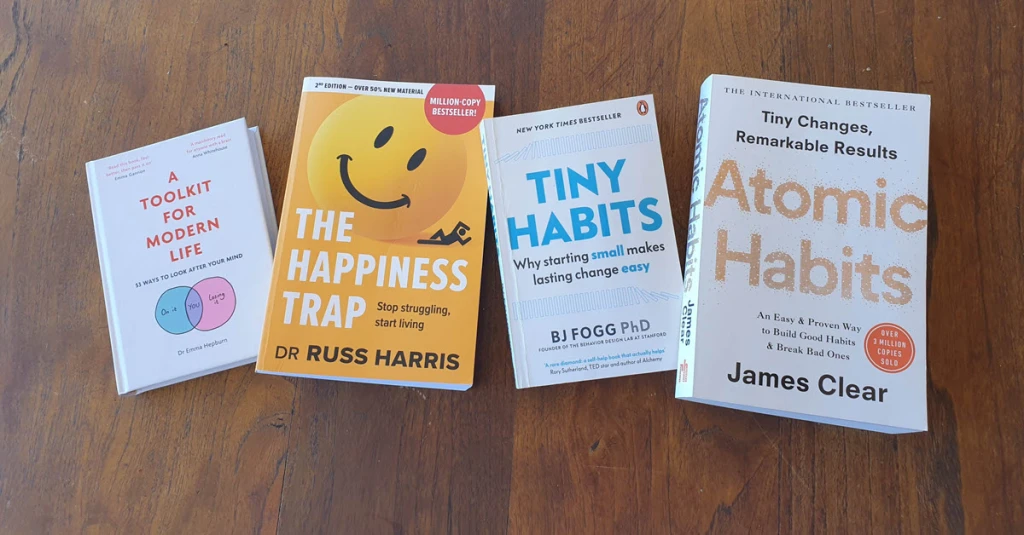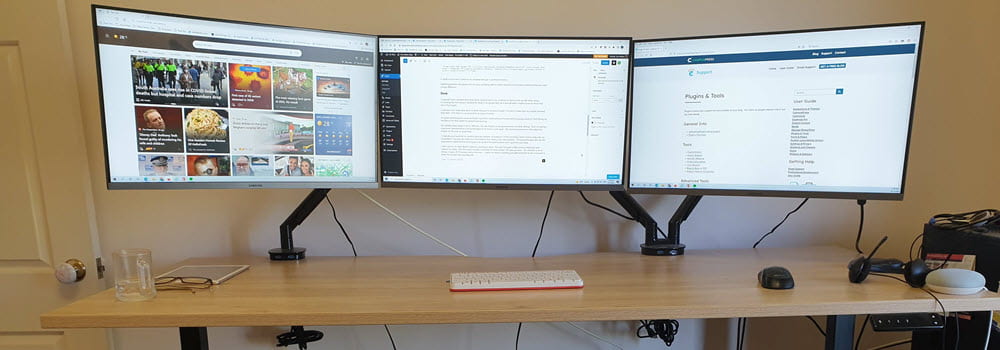Darren Draper at Drape’s Take blog has been nice enough to give me guidance (and by the looks of it other people as well) on professional development which I am really grateful for. He has done a great blog on Are you ready to use what you’ve learned to respond to my, and others, questions.
Thanks Darren you have given me a lot to think of (disclaimer to all the people involved – apology in advance, I have had an extremely tiring 48 hours) and one of the interesting points raised relates to “Our students aren’t afraid to teach themselves” but “our teachers expect to be taught as we are a generation who was taught how to be taught — not how to teach ourselves”. Darren’s refers back to posts on David Warlick’s 2 c worth blog which relates to his post titled Off course I think it Matters. I have spent the time since Darren posted his article, pondering what was said, and also going back and forward between posts on each site to try and decide exactly who is really saying what.
Have decided that regardless of who is exactly saying what – they have all raised interesting points – and I value all their opinions – and can understand the frustrations from all points of view – so I will add my 2 c worth into the discussion (BTW do you still have 2 c coins in US? have not have 2 c’s here for years). While I am not a school teacher and am not involved in directly delivering professional development for school teachers, I do deliver PD to TAFE (vocational education and training) lecturers on m-/e-learning and oversee VET in schools programs.
So here are my thoughts – yes I agree that it would be good for teachers (and lecturers) if they said “hey, I’m going to teach myself how to do that this weekend. It’s about life long learning. Not about a life of being taught.” But when it comes to technology this is really an unrealistic expectation. Unless a person has progress to a certain point in their journey with technology, they do not have the skills to teach themselves, and they will need that guiding hand to get them to the point where they are more comfortable with technology before they will be able to teach themselves.
We have to accept that it takes varying lengths of time for an individual to get to a point where they feel comfortable using the technology. E.g. knowing how to download and install programs is a skill – not an issue to someone who is extremely experienced with technology – but an incredibly frighting task if you are not.
Take for example the project I am working on with lectures from beauty therapy and hairdressing, where the goal of their project is to use PDAs for assessing and training students in the workplace (Yes I know my example is a complex example but try breaking down the skills you are wanting your teachers to be able to do, assess their skill level and then decide if it is realistic for them to teach themselves). There is no way, without PD, they could ever learn to use a PDA effectively for this purpose. If you breakdown what we are really asking of them as an organisation into what they need to be able to do, how can you expect them to teach themselves. To do this they will need to be competent at:
- Syncing PDA with more than one computer
- Transferring files between their computer and PDA
- Troubleshooting their PDA when it will not charge
- Inputting and recording data onto a database on their PDA and into an Access database on their computer
- Record instructional videos using digital cameras and digital video cameras
- Create content for their PDA using programs such as MovieMaker and Powerpoint
- Recording their progress on a project wiki
Plus they will have to an understanding of pedagogy issues relating using PDAs for m-learning, and a good grasp of AQTF.
To me this means I have to tackle PD from 4 aspects:
- Computer skills
- PDA skills
- Pedagogy (m-learning
- AQTF
I have heard differing opinions as to whether skills assessment are useful in professional development, I definitely get the lecturers involved in my projects to take my skills self assessment survey. I have found this extremely invaluable for working out where they are at, what PD they will need, and how far along their technology journey they are (hence how likely they are to be able to teach themselves). I did spend some time checking out different skills assessment surveys, and while I am new to PD, I do wonder if the issue with surveys is maybe the right questions were not being asked (I have chosen my questions based on the skills I know they will need to do the tasks).
I suggest you check out my self assessment survey and the results for computer and PDA skills. The results of the latest survey told me:
- Most are not effectively managing their files and folders on their PC, and have limited ability to copy and pasted between different folders.
- Most have no knowledge of what an Access database is or how you would use it
- Most have never created a movie using MovieMaker
- Most have never used a digital video camera
- Very limited ability to use PowerPoint
- Limited knowledge (if any) of Web 2.0
- Varying level of ability to use PDAs
- Even though many (in both surveys) had PDA for up to 6 months, and had been given one full day PD session, most were not able to sync or transfer files between PDA and PC
- Most had limited ability to troubleshoot problems with PDAs
mmmm I have 15 hours of PD allocation…..is that going to make them competent at all of the above? mmmmm……. BTW based on PD session yesterday I need to add in do you know how to Google, do you know how to search Google Images. While some may argue that there is a big difference between a TAFE lecturer, a school teacher and a University lecturer in technology skills level, I would be interested to see the results of this same survey conducted on each group.
Personally I feel sorry for all teachers and lecturers. I know in Australia the demands on what we are required to do within the K-12 and TAFE sector are considerably greater than what they were 5 years ago, and even greater than 10 years ago.




Leave a comment